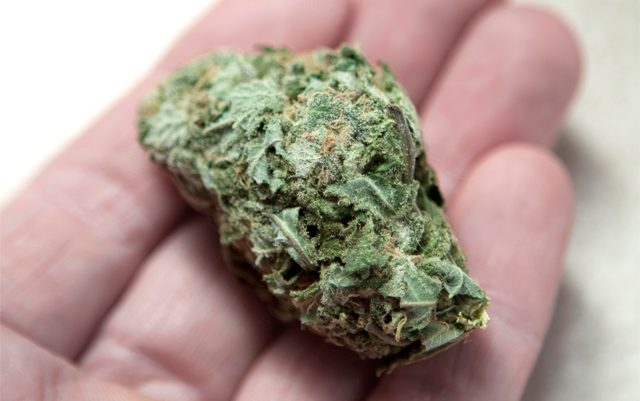If you have followed cannabis news – or even just general news about drug policy around the world – in the last 15 years, then you have likely heard the story of drug law reform in Portugal. In 2001, the country decriminalized small amounts of all drugs and has since seen a decline in overall drug use and drug-related deaths, as well as a decrease in HIV/AIDS rates and an increase in the number of people seeking treatment for drug addiction.
There is so much to learn from Portugal that the Drug Policy Alliance recently announced that a delegation of activists and victims of the drug war in the U.S. will be visiting the country this week. “Over 70 participants will be arriving from New York, Chicago, Los Angeles, San Francisco, North Carolina and other cities across the country, including representatives of more than 35 organizations and several media outlets that have been dedicated to covering the drug war and mass incarceration,” DPA said in a press release.
“Portugal’s experiment in decriminalizing all drugs has reduced stigma and normalized harm reduction protocols, which has resulted in exceptional public health outcomes – and the reduction of people incarcerated for low-level drug law offenses. It demonstrates that there is another way to approach drug use in a society that is far more successful than the methods that the U.S. has advanced since the Nixon administration. Portugal measures success in the saving and quality of a person’s life, not simply by their abstinence or how much we can punish them,” said Asha Bandele, Senior Director of Grants, Partnerships and Special Projects at the Drug Policy Alliance. “If we can understand how to prevent overdose and new HIV infections from intravenous drug use; and if we begin to dismantle some of the architecture that drives prison and jail populations, we can begin to fully realize a nation whose public health and safety protocols are centered on human rights and justice.”
According to the New York Times, some of the numbers coming out of Portugal are rather miraculous. “Portugal may be winning the war on drugs – by ending it. Today, the Health Ministry estimates that only about 25,000 Portuguese use heroin, down from 100,000 when the policy began.
“The number of Portuguese dying from overdoses plunged more than 85 percent before rising a bit in the aftermath of the European economic crisis of recent years. Even so, Portugal’s drug mortality rate is the lowest in Western Europe – one-tenth the rate of Britain or Denmark – and about one-fiftieth the latest number for the U.S.”
Decriminalization has been so successful in Portugal that their former Prime Minister – the man who oversaw the decrim implementation in 2001 – touted it recently during a speech to the United Nations, where he currently serves as Secretary-General.
“Current efforts have fallen short of the goal to eliminate the illicit drugs market,” said António Guterres. “We can promote efforts to stop organized crime while protecting human rights, enabling development and ensuring rights-based treatment and support. I am particularly proud of the results of the reforms I introduced in Portugal when I was prime minister almost 20 years ago.”
What Portugal did in 2001 will forever be seen as a landmark defeat for those who support drug prohibition as a fix for the “drug problem.” It will be seen as a catalyst for the eventual end of the worldwide regime of prohibition, much the same way the passage of Prop 215 in California in 1996 sounded the death knell for marijuana prohibition in the United States.






